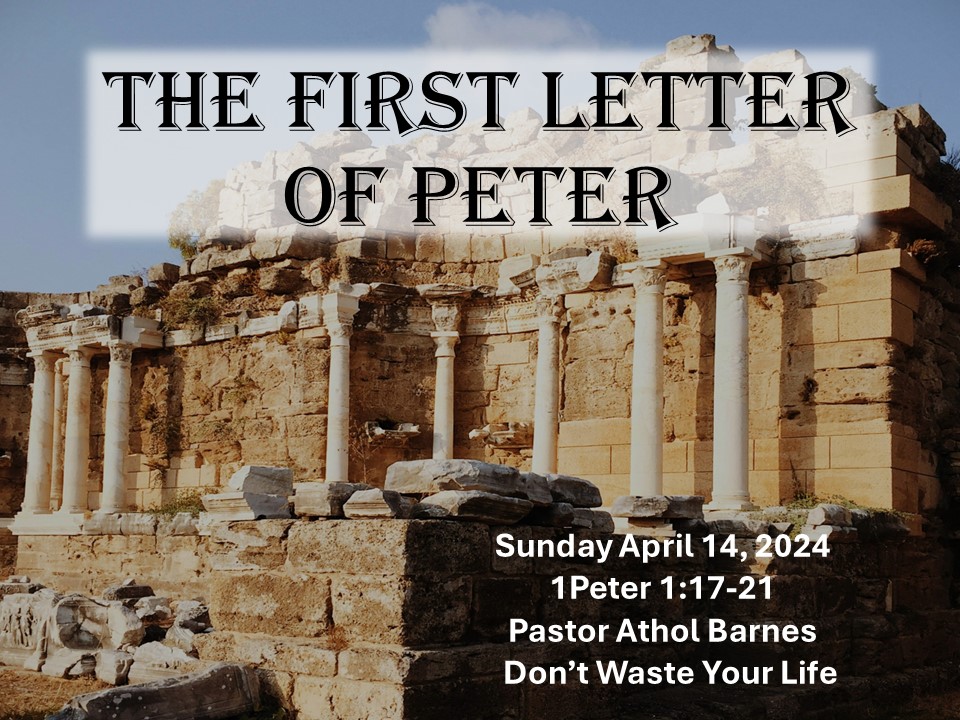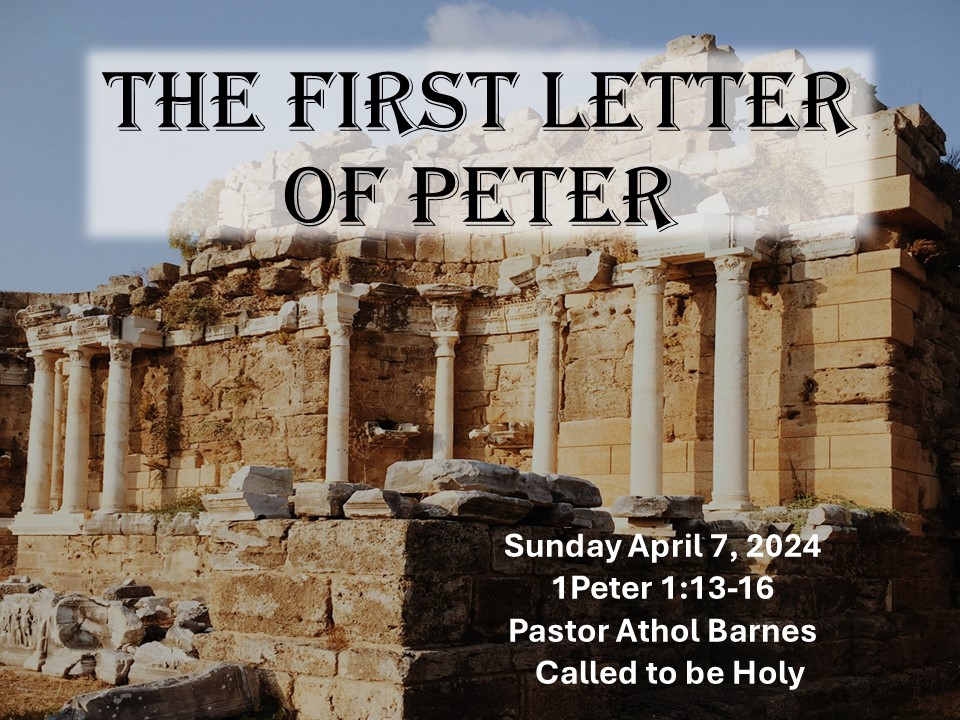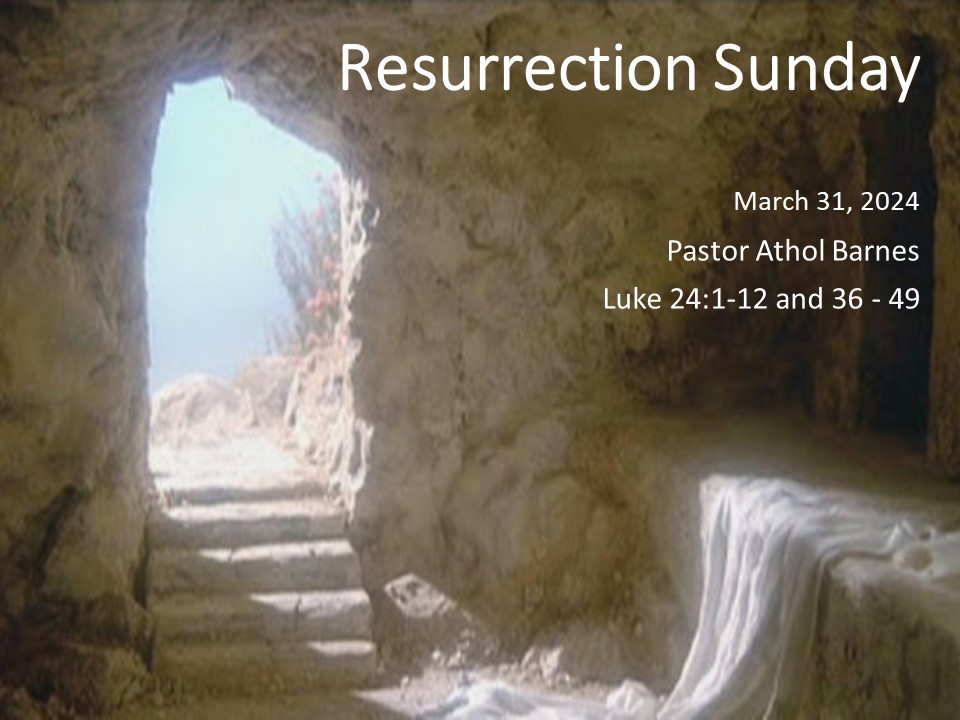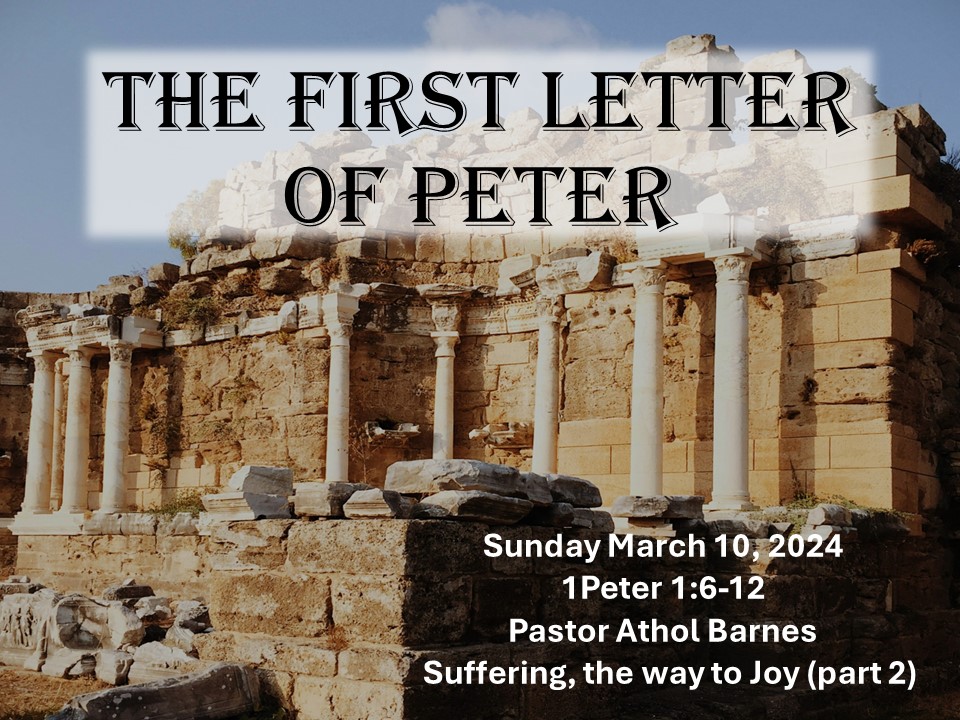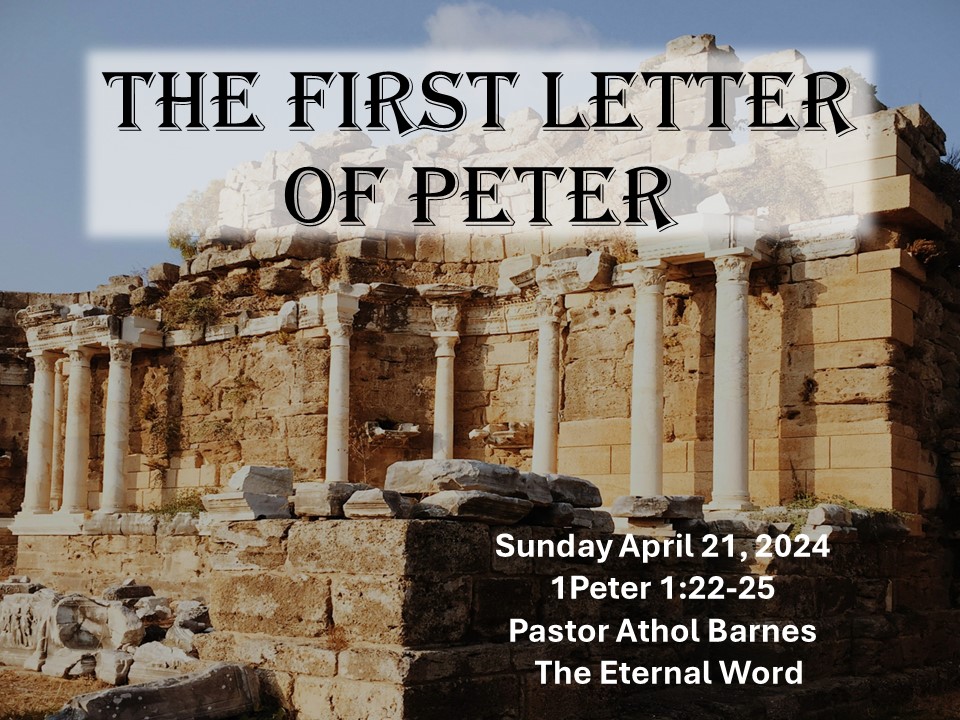
Whenever I can offer Bibles at outreach events or to people on the streets, people eagerly jump at the chance to have the Word of God in their own hands. They have a hunger for this book that is supernatural.
But yet in the church, where we proclaim the Word and stand on it as a pillar of the church, the Bible seems to be less valued, or at least less hungered for. Are you hungry for the Word of God?
In 1 Peter 1:22 we read, “Having purified your souls by your obedience to the truth for a sincere brotherly love, love one another earnestly from a pure heart.”
The forgiveness of our sins comes only through repentance and the cleansing power of the blood of Jesus. But the Bible is the powerful and miraculous cleansing agent that the Holy Spirit uses to reveal truth, convict us of sin, and transform our lives (see Hebrews 4:12-13).
The Brotherly Love from the Word of God
The Greek word for “brotherly love”, used in verse 22, means the love that is found in the church between a group of believers. Peter encourages his readers to love earnestly from a pure heart. Love for others is a direct outflow of obedience to the Word of truth.
By our sinful nature we are selfish, especially when placed under pressure. Peter is writing to a group of exiled Jewish believers who are going through hard times. They would have been tempted to isolate themselves and care for themselves first.
We saw this during the COVID season in 2020; many people stopped loving their brothers and sisters in the body of Christ. Our “brotherly love” was tested, and it will be tested again.
As Christians, we are saved by a supernatural love unto a supernatural love (see Romans 5:5). Our love for one another in the church is evidence of being saved from sin and filled with the Holy Spirit.
The real reason why we don’t love with a sincere brotherly love is because we fear that if we truly commit to loving one another as the Word of God says, it will cost us something. And that is true. But if we don’t pour out what we have first received, we will be weaker for it.
No one ever gained anything by withholding sacrificial love (see John 13:34).
How did Jesus love us? He gave his life for us, and we are called to prefer one another in love.
The Role of the Word of God
To love well, we have the Spirit of God to enable us and the Word of God to equip us. The Word of God is our authority when it comes to interpersonal relationships in the church. A right relationship with the Word of God will lead to right relationships with each other.
The Bible is the best counselor, leadership manual, teambuilder, discipling tool, parent manual, marriage guide, and so much more. The Word of God is a pillar of the church because that is what ties us together. We have this supernatural truth in common: we have been changed and transformed by the power of the Word of God.
1 Peter 1:23 says, “Since you have been born again, not of perishable seed but of imperishable, through the living and abiding word of God.”
Peter again uses the phrase “born again”. If you are a follower of Jesus, you have been born again into a living hope (see John 3:3).
Peter compares the Word of God to a seed; he was obviously remembering the parable that Jesus taught in Matthew 13. A small seed seems insignificant and is useless unless it is planted. And if the seed is planted in good soil and is well watered, it will grow to produce a harvest. That is what the Word of God does in our lives.
The Endurance of the Word of God
In verse 24, Peter quotes Isaiah 40:6-8, describing the eternal nature of the Word of God.
We are eternal beings living in temporary bodies that will ultimately become dust. We are passing through this world, and everything we build is short-lived. But the unchanging truth is that the Word of God will remain forever.
God’s Word is eternal, and the fruit of the seed of God’s Word is eternal. Peter reminds his readers that the Gospel that was preached to them is the eternal Word. We cannot add to the Gospel; we simply must receive the Good News and apply it to our lives. There is enduring power in the Word (see John 1:1-5).
The Power of the Word of God:
We need the teaching and the preaching of the Word today more than ever; there is so much false teaching in the church, and people simply don’t know the Word of God for themselves.
I always cringe when well-meaning people suggest that we just need to worship and pray; we don’t need to have so much preaching and teaching on Sunday mornings.
Worship and prayer are excellent and needed, but without the declaration of the truth, the church will starve. The global church today has millions of starving Christians who are well entertained, whose emotions are excited, but whose souls are starving for the transforming power of the Word of God.
In Ephesians 6, we read that we are in a spiritual war, and the weapon of offense that we have is the Word of God, the sword of the Spirit. When Jesus was tempted by Satan in Luke 4, he simply declared the Word of God and Satan fled, defeated. That is how we fight our battles—with the Word.
As a pastor it is my duty to present a meal of substance on a Sunday morning from the Word of God. I take the preparation and declaration of the authoritative Word very seriously. I will always endeavor to declare the truth of God’s Word because it has the power to transform lives.
“All Scripture is breathed out by God and profitable for teaching, for reproof, for correction, and for training in righteousness, that the man of God may be complete, equipped for every good work.” 2 Timothy 3:16-17.


